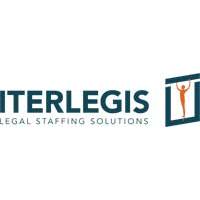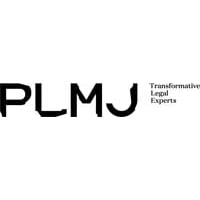
| Novo Banco






Novo Banco
| Novo Banco - Recovery Department
The recovery department of the Spain branch of Novo Banco is structured in three main areas: a pre-litigation area, a litigation area and a monitoring and control area. The recovery...
| Novo Banco
The Portugal-based legal team of Novo Banco is led by head of legal department Patrícia Afonso Fonseca who reports directly to the board of directors. The legal team is composed...
Highly-regarded Patrícia Fonseca is head of the legal department at Novo Banco, which was created in 2014 as a transition bank by the Bank of Portugal to rescue assets and liabilities of Banco Espírito Santo (BES). When the new bank was created, the financial situation required that it be split into two under a European legal framework for the resolution of banking entities, the first occurrence of its kind in Europe. Therefore, the Novo Banco legal department, which is made up of 14 lawyers and three support staff, can be considered to be at the forefront of Portuguese and European financial regulatory affairs. The company’s status as a “bridge bank” means multiple obligations must be adhered to from both domestic and European level regulatory bodies, adding further complexity to the team’s work. Fonseca describes the hard work that must go into keeping up with the new resolution regime both in Portugal and Europe, and necessity of the team having a working knowledge of the respective case law running in London, Spain and France given the urgency of these affairs. The team is proven to be adept at managing cross-border large scale transactions, and Fonseca notes that ‘many’ of their transactions occur in foreign jurisdictions, citing the sale of a major Portuguese investment bank to a Chinese investor for approximately €378m as being ‘very significant’ to company coffers. Since its inception, the Novo Banco legal department has been trimmed even in the face of a huge workload and requires not only expert knowledge of the relevant legal and regulatory affairs, but excellent relationship management due to the wide variety of stakeholders the business has. Fonseca explains that ‘relationships with law firms are very important’, whilst the team is also in constant dialogue with executive management at the company to ensure that they are ‘very carefully a part of any decision’. Setting up comprehensive teams to deal with the myriad issues has been a crucial part of managing the workload; for example creating a task force for M&A which is a huge part of the team’s work owing to the emphasis on the sale of assets abroad. Fonseca highlights in particular the strengths of team members who have ‘been dealing with new areas and processes where the sense of urgency is quite extreme’. Calling her team’s achievements ‘extraordinary’ considering the period of change, Fonseca explains how there is a need to not only perform legal work and manage situations to keep the bank liquid, but to keep in mind the ‘great’ level of public scrutiny around the business and its results. They work ‘not only on the legal and technical side [but] have to also consider other impacts, [this requires] very strong communicative skills. We have a very strong relationship with the regulation authority, The Bank of Portugal’.